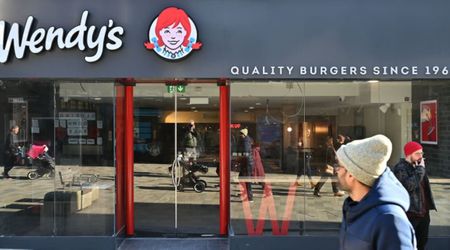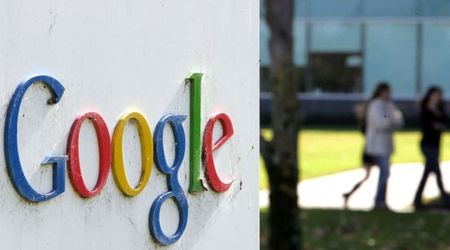Survey Finds 63% of Americans Prioritize 'Soft-Life Balance' Over Hustle Culture

Americans are now preaching “money can’t buy happiness”, according to a KeyBank survey which revealed over half of residents, 63% prefer work-life balance over higher pay. In 2024, people are choosing to focus on different areas of life as they do not see hustle culture as sustainable anymore. The KeyBank 2024 Financial Mobility Survey of 1,000 Americans also revealed that people fear an upcoming recession and are bracing for economic hardship.
Longing for a Soft-Life Culture
The survey asked people what was their idea of 'Thriving in America' to which, 42% of the respondents chose work-life balance.
Another 54% felt that hustle culture that defines success based on wealth and status can negatively impact wellbeing and is no longer relevant. About 72% of the respondents said that they would define success based on a soft-life culture that is focused on happiness, contentment, and fulfillment steering clear of the hustle.
America's hourly workers are clocking in fewer hours since the pandemic. While there may be numerous reasons behind it, one major factor has to do with the renewed focus on work-life balance. https://t.co/OUs6gTM2hN @EmilyRPeck #workforce #jobs #wages #economy #productivity
— Albert Fong (@albertfong98) February 23, 2024
Longing for better work-life balance was further seen as 66% of the respondents said they would rather work a job they love with a lower-paying salary than work a job they hate with a higher-paying salary. This included 72% of the women and 59% of men participating in the survey.
“In light of economic woes, geopolitical turmoil, and societal shifts, Americans are prioritizing their well-being in lifestyle but remain concerned about finances,” KeyBank executive vice president and director of consumer product management, Dan Brown said in the survey report.
The survey found that 72% of respondents prefer the soft-life culture approach to success, especially older generations, and steer clear of the ‘hustle culture,’ which prioritizes wealth, status, and achievement.
A Generational Gap Emerges
While the older generation of Americans focused on their well-being, about 56% of the Gen Z respondents said that they currently identify most with a hustle culture. This highlights a generational gap in the survey that included respondents ages 18 to 70 years.
Furthermore, millennials and Gen Xers are anticipating a recession in 2024 more than the younger generation. More than half, about 57% of the people who believe a recession will hit America in the next 12 months were Millennials or Gen X.
Concerns of Looming Recession
The KeyBank 2024 Financial Mobility Survey also found that about 60% of the respondents believe the country is or will soon be in a recession.
Further about a third, 30% of the respondents felt financial stress on a daily basis due to the increasing cost of living. Another 59% said they are cutting back expenditure on non-essential items due to the increasing costs. This correlates to about half of the respondents, 51% saying they have pulled more money from their savings this year than before.
JUST IN: According to economist David Rosenberg, A recession is likely to hit the US economy in 2024.
— WhaleWire (@WhaleWire) February 23, 2024
Economies currently in recession:
🇩🇰 Denmark
🇨🇦 Canada
🇪🇪 Estonia
🇫🇮 Finland
🇯🇵 Japan
🇱🇺 Luxembourg
🇲🇩 Moldova
🇵🇪 Peru
🇮🇪 Ireland
🇬🇧 United Kingdom pic.twitter.com/wM0rS7tEU3
The economic condition of the country in the minds of people has deteriorated with three in four, about 77% of the respondents across all generations saying that the cost of living in America has gotten worse. In this, about 92% of the Baby Boomers led the charge of the feeling.
The Dream of Home Ownership
The survey found that Americans are making financial changes to achieve the dream of homeownership. Out of the respondents who are looking for a home, about 43% have taken a step and put away money in a dedicated savings account.
However, 29% of the respondents who do not own a home are not planning on purchasing one in the next 12 months. Further, only 1 in 10 of those respondents felt that home ownership is an attainable goal.























